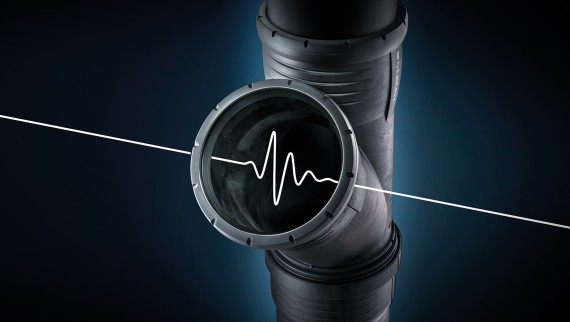The most important standardsFor sustainable buildings
Certified standards such as LEED, BREEAM or DGNB make the sustainability performance of buildings transparent. Find out what they stand for in this overview.
A certification company evaluates the building on the basis of a detailed catalogue of criteria. The composition and weighting of the criteria differ from label to label. Most of them work with a point system.
- The assessment or certification always refers to the building, not to individual products.
- In addition to environmental issues such as a building's electricity and heat requirements, emissions or resource use, life cycle costs, social aspects (e.g. accessibility), building management, mobility (public transport connections) and the surroundings (green spaces) are also relevant for certification.
National and international labels
Three standards have become established internationally: LEED, BREEAM and DGNB. Depending on the market, important local labels are added, for example Minergie in Switzerland, Well in Poland and Scandinavia or NABERS and Green Stars in Australia.
BREEAM, LEED and DGNB at a glance
BREEAM: Building Research Establishment Environmental Assessment Method
LEED: Leadership in Energy and Environmental Design
DGNB: Deutsche Gesellschaft für nachhaltiges Bauen
How do Geberit products contribute to certification?

Depending on the standard, each category (energy balance, water, mobility, etc.) is weighted differently. The use of resources, including water, is one of the categories that is generally given a higher weighting. This involves water-saving flushing systems, drinking water hygiene, possibilities for using rainwater and grey water and efficient waste water disposal.
With its water-saving flushing technology, for example, Geberit contributes to a building's overall higher sustainability performance. Geberit also scores in the “Material“ category with products made of recyclable material (PP piping systems) or with solutions that contribute to a high level of space and material savings, such as the SuperTube drainage system.
Environmental product declarations

The so-called Environmental Product Declarations (EPD) also have a direct influence on the points awarded.
They provide a transparent, quantified and comparable basis of information on the ecological footprint of building products. At Geberit, products with an EPD now account for 30% of sales.
Subscribe to eViewThe Geberit newsletter for architects
Around the world, Geberit products and solutions are used in buildings of all kinds. You will find a selection of the most interesting objects on this page.
Periodically, “eView“, the Geberit reference newsletter, takes up a current topic from the construction industry. In addition to spectacular project examples, “eView“ offers interviews with architects, construction experts and designers as well as further background information.